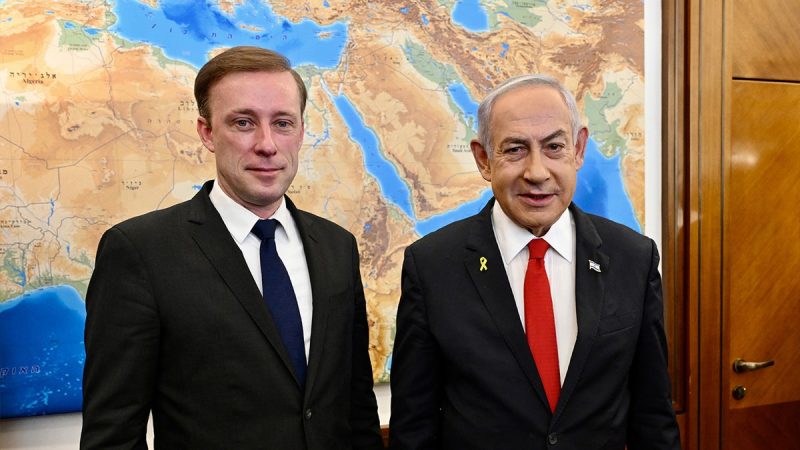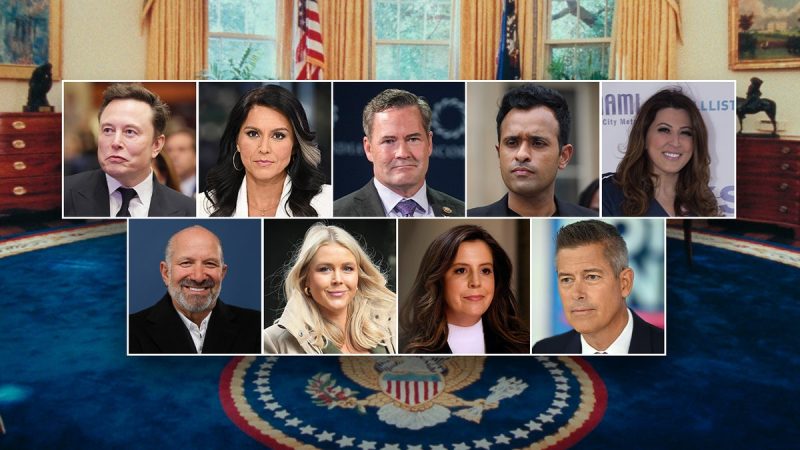August 13, 2024
Uncovering the Truth: Walz Under Fire for Response to George Floyd Protests
 Walz’s handling of George Floyd protests draws fresh scrutiny
Amid heightened tensions and civil unrest following the death of George Floyd at the hands of Minneapolis police officers, Governor Tim Walz of Minnesota found himself facing intense scrutiny for his handling of the protests that swept across the state and the nation. The way in which he responded to the escalating situation, including his decision to mobilize the National Guard and implement a curfew in Minneapolis and St. Paul, has sparked controversy and criticism from various quarters.
One of the key points of contention was Governor Walz's decision to deploy the National Guard to assist in restoring order in the midst of the protests. Critics argued that the presence of military personnel only served to escalate tensions further and create an atmosphere of fear and intimidation among peaceful demonstrators. Some even pointed to instances of excessive force being used by law enforcement against protesters, which further exacerbated the situation.
Furthermore, the implementation of a curfew in Minneapolis and St. Paul was met with mixed reactions. While some viewed it as a necessary step to maintain public safety and prevent further destruction and violence, others saw it as an infringement on the rights of individuals to assemble and protest peacefully. The curfew also raised questions about its effectiveness in curbing the unrest and whether it ultimately achieved the desired outcome.
Governor Walz's communication and leadership during the crisis also came under scrutiny. Critics argued that there was a lack of a clear and consistent message from the state government, which contributed to confusion and uncertainty among both the public and law enforcement officials. Some felt that more proactive and decisive leadership was needed to address the root causes of the protests and engage with the community in a meaningful way.
In response to the criticism, Governor Walz defended his actions, stating that the decision to deploy the National Guard was necessary to protect lives and property in the face of widespread violence and looting. He emphasized the importance of maintaining law and order while also acknowledging the deep-seated issues of systemic racism and police brutality that fueled the protests.
Moving forward, the events surrounding the George Floyd protests have prompted calls for systemic change and reform within law enforcement agencies and the criminal justice system. Governor Walz has pledged to work towards addressing these issues and fostering dialogue and reconciliation within the community.
In conclusion, Governor Tim Walz's handling of the George Floyd protests has drawn fresh scrutiny and raised important questions about the role of leadership in times of crisis. The events that unfolded in Minnesota serve as a reminder of the urgent need for meaningful reform and action to address the underlying issues of racial injustice and police brutality in our society. It is essential for leaders at all levels to listen to the voices of the marginalized and work towards building a more just and inclusive society for all.
Walz’s handling of George Floyd protests draws fresh scrutiny
Amid heightened tensions and civil unrest following the death of George Floyd at the hands of Minneapolis police officers, Governor Tim Walz of Minnesota found himself facing intense scrutiny for his handling of the protests that swept across the state and the nation. The way in which he responded to the escalating situation, including his decision to mobilize the National Guard and implement a curfew in Minneapolis and St. Paul, has sparked controversy and criticism from various quarters.
One of the key points of contention was Governor Walz's decision to deploy the National Guard to assist in restoring order in the midst of the protests. Critics argued that the presence of military personnel only served to escalate tensions further and create an atmosphere of fear and intimidation among peaceful demonstrators. Some even pointed to instances of excessive force being used by law enforcement against protesters, which further exacerbated the situation.
Furthermore, the implementation of a curfew in Minneapolis and St. Paul was met with mixed reactions. While some viewed it as a necessary step to maintain public safety and prevent further destruction and violence, others saw it as an infringement on the rights of individuals to assemble and protest peacefully. The curfew also raised questions about its effectiveness in curbing the unrest and whether it ultimately achieved the desired outcome.
Governor Walz's communication and leadership during the crisis also came under scrutiny. Critics argued that there was a lack of a clear and consistent message from the state government, which contributed to confusion and uncertainty among both the public and law enforcement officials. Some felt that more proactive and decisive leadership was needed to address the root causes of the protests and engage with the community in a meaningful way.
In response to the criticism, Governor Walz defended his actions, stating that the decision to deploy the National Guard was necessary to protect lives and property in the face of widespread violence and looting. He emphasized the importance of maintaining law and order while also acknowledging the deep-seated issues of systemic racism and police brutality that fueled the protests.
Moving forward, the events surrounding the George Floyd protests have prompted calls for systemic change and reform within law enforcement agencies and the criminal justice system. Governor Walz has pledged to work towards addressing these issues and fostering dialogue and reconciliation within the community.
In conclusion, Governor Tim Walz's handling of the George Floyd protests has drawn fresh scrutiny and raised important questions about the role of leadership in times of crisis. The events that unfolded in Minnesota serve as a reminder of the urgent need for meaningful reform and action to address the underlying issues of racial injustice and police brutality in our society. It is essential for leaders at all levels to listen to the voices of the marginalized and work towards building a more just and inclusive society for all.
If you would like to delve into the world of investment topics , go to our partner project Wall Street Wizardry


